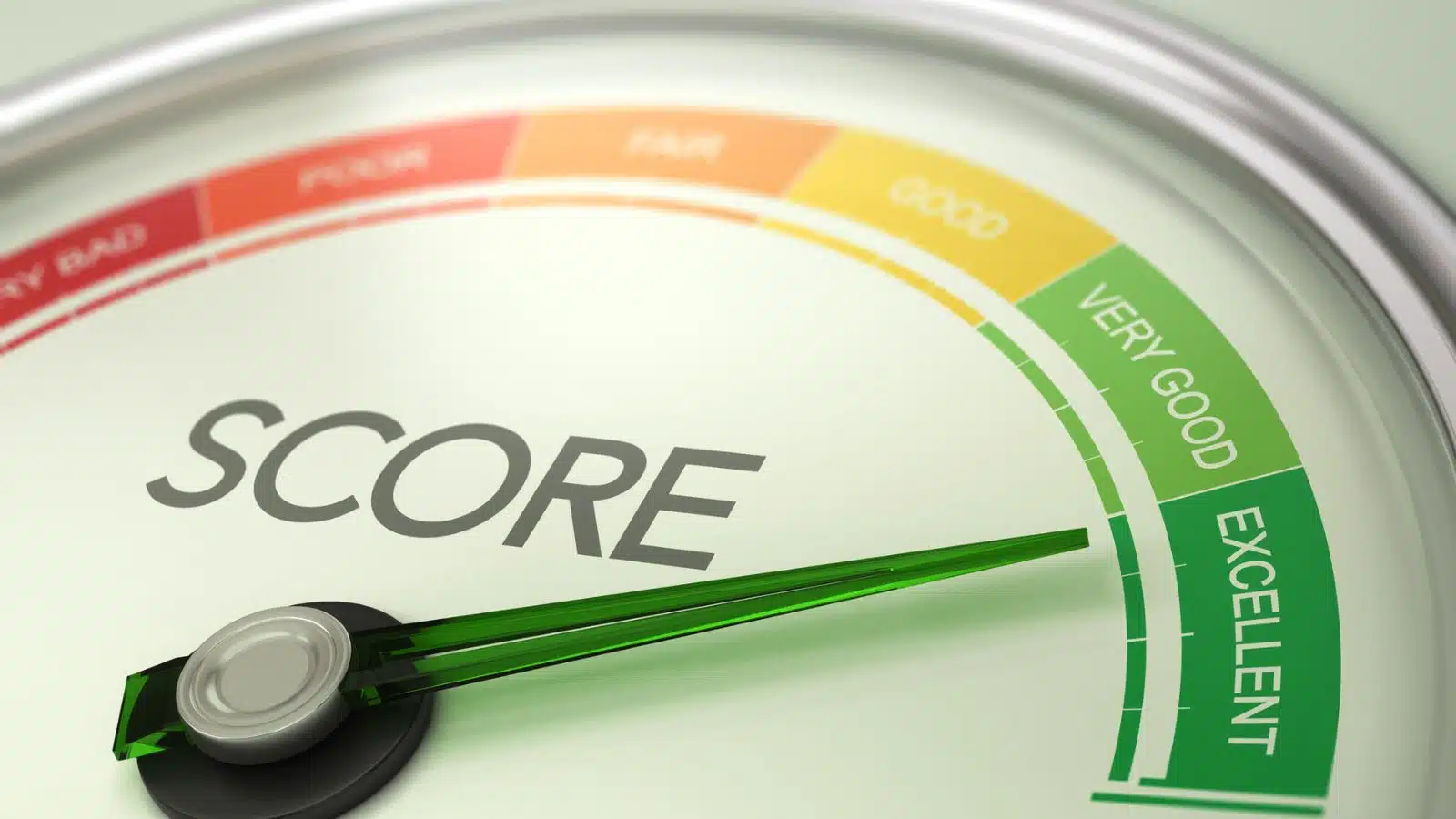Found yourself with a hefty sum of $10,000 and thought, “Hey, why not just deposit this into my checking account?” Before you make that deposit, let’s talk. There’s more to stashing your cash than meets the eye, and not knowing could cost you. From missed opportunities to surprises, here’s the lowdown on what you should consider. With a mix of humor, seriousness, and a touch of casual chat, we’re unpacking the essentials. Buckle up; it’s going to be an enlightening ride.
1. FDIC Insurance Limits

The Federal Deposit Insurance Corporation (FDIC) covers your money up to $250,000 per depositor, per insured bank, for each account ownership category. So, if your balance goes beyond this limit, the excess amount won’t be protected. This means in the unlikely event your bank fails, you might not get back the amount over $250,000.
2. Low Interest Rates

Checking accounts are great for everyday use but they don’t pay much interest. Stashing more than $10k could mean you’re missing out on earning more from your money. Savings accounts, certificates of deposit, or investment accounts often offer better returns. Consumer Financial Protection Bureau (CFPB) has proposed a rule to limit harmful overdraft fees and that the CFPB rule would save consumers $3.5 billion.
Follow Invested Wallet For More

If you’ve enjoyed reading our content and are passionate about learning wealth, managing your finances, and achieving financial freedom, we’d love for you to join our community! Click here to follow Invested Wallet for more.
3. Fraud and Theft Risks

The more money you have in a single account, the bigger the target it becomes for fraudsters. While banks have strong security measures, fraud and theft can still happen. It’s like keeping all your eggs in one basket. According to a 2023 Javelin Report, fraud losses in the U.S. reached $43 billion in 2022.
4. Overdraft Fees Can Still Apply

You might think a large balance protects you from overdraft fees. Not always true. If you’re not careful, automatic payments and other charges can dip your account lower than expected. These fees add up quickly, eating into your balance. Always keep an eye on your account and set up alerts to avoid this.
5. Opportunity Cost

This is about what you give up. By keeping a large balance in your checking account, you’re not using that money to its full potential. There are opportunities to grow your wealth through investments or other savings vehicles that offer higher returns. It’s key to think about the best place for your money, where it can work harder for you.
6. Transaction Limits

Banks sometimes set limits on how much money you can move in or out of your account in a single day. If you’re planning big purchases or need to transfer large sums, these caps can be a hassle. Knowing your bank’s policies helps you plan to avoid getting stuck.
7. Monthly Fees

Certain accounts charge you monthly unless you keep a high balance. Even then, putting in more than $10k might not dodge these fees. It pays to read the fine print. Why lose money to fees when it could be earned elsewhere?
8. Impact on Budgeting

Having too much in checking can make it tough to track spending. It’s like having a fridge full of food but not knowing what to cook. Keeping a separate savings or investment account helps you manage day-to-day expenses better.
9. Missing Out on Special Offers

Sticking all your money in a checking account means you might miss out on special deals. Banks often offer bonuses for opening new savings or investment accounts. These can include higher interest rates or cash rewards. Diversifying where you keep your money can unlock these valuable benefits.
10. Relationship with Your Bank

Banks value customers with multiple accounts. By diversifying, you could get better service or advice tailored to your financial health. It’s like being a regular at a coffee shop and getting the extra smile with your morning brew.
11. Tax Implications

Depositing over $10k can draw attention from tax authorities, who monitor large transactions for reporting purposes. It’s not necessarily a problem, but it means you should be ready to explain the source of the funds. Keeping records and understanding the potential need for documentation can help you navigate any inquiries smoothly.
12. Automated Reporting

When you deposit large sums, banks automatically report these transactions to the government. This process is part of measures to prevent illegal activities like money laundering. While it’s standard practice, you need to know. Being aware means you won’t be surprised if there are follow-up questions about your deposit.
13. Accessibility Issues

Keeping a large sum in your checking account makes it too easy to spend. This accessibility can tempt you into making impulse purchases. Over time, these unplanned expenses can add up, eating into funds you might have saved for bigger goals. Managing this temptation is crucial for financial health.
14. Account Holds

Sometimes, banks put holds on large deposits to verify where the funds came from. This can tie up your money for a few days. This means your funds might not be available right away. If you need quick access, this could be a problem. It can be inconvenient, especially if you need quick access to your money.
15. Stress and Worry

Large balances can lead to worry. Will the money be safe? What if there are unauthorized transactions? Spreading your funds across accounts can ease these concerns. You might fret over its safety or the chance of unauthorized access. It’s a simple way to feel more at ease about your financial security.
20 Easy Ways to Raise A Credit Score Fast

This rating is one of the most common across the nation, and those who have it know that it creates a variety of lending difficulties. Thankfully, it is possible to improve your bad credit score past this subprime rating and get the loans that you deserve.
Read More: 20 Easy Ways to Raise A Credit Score Fast
Follow Invested Wallet For More

If you’ve enjoyed reading our content and are passionate about learning wealth, managing your finances, and achieving financial freedom, we’d love for you to join our community! Click here to follow Invested Wallet for more.
